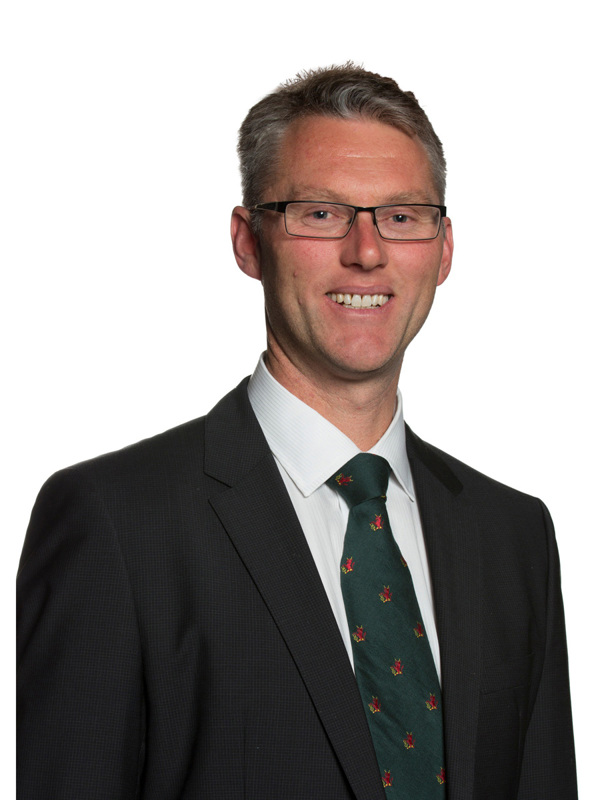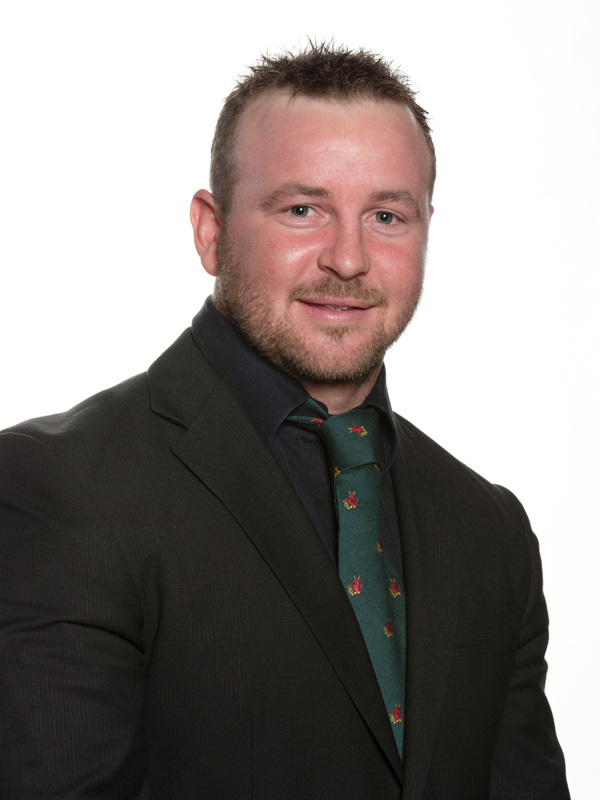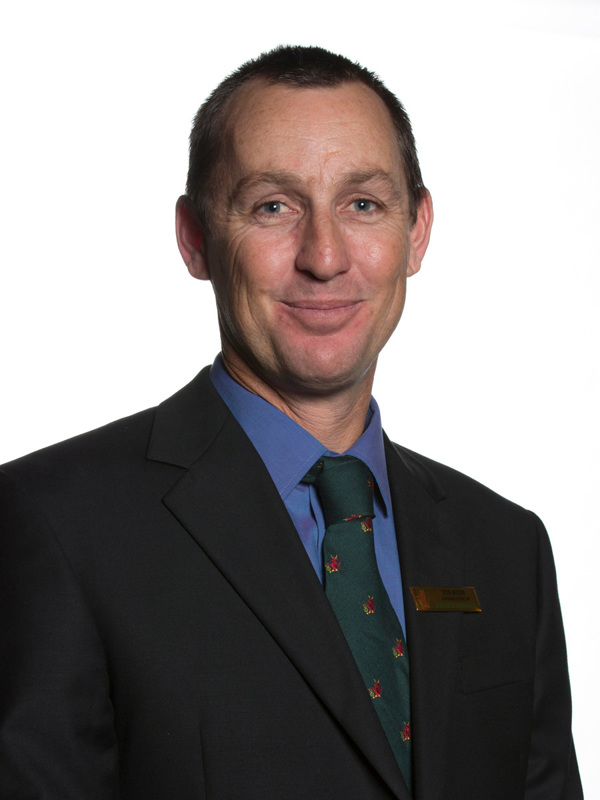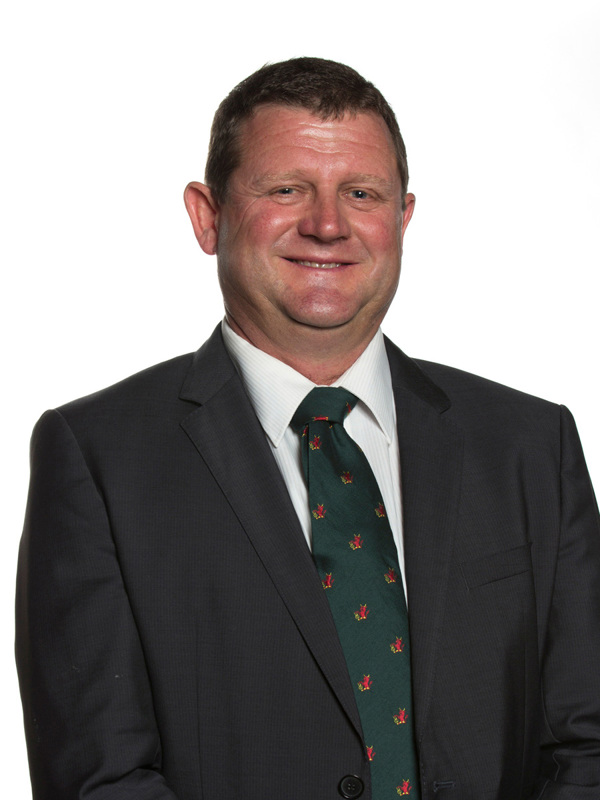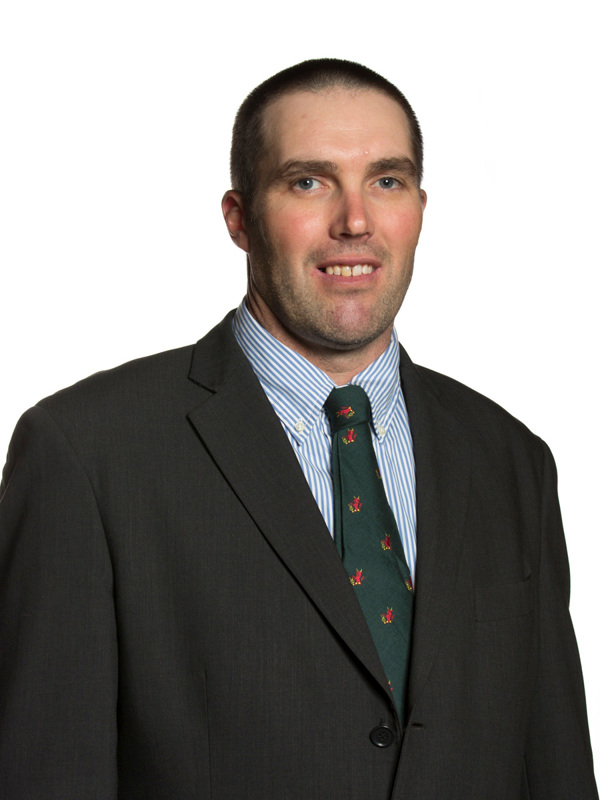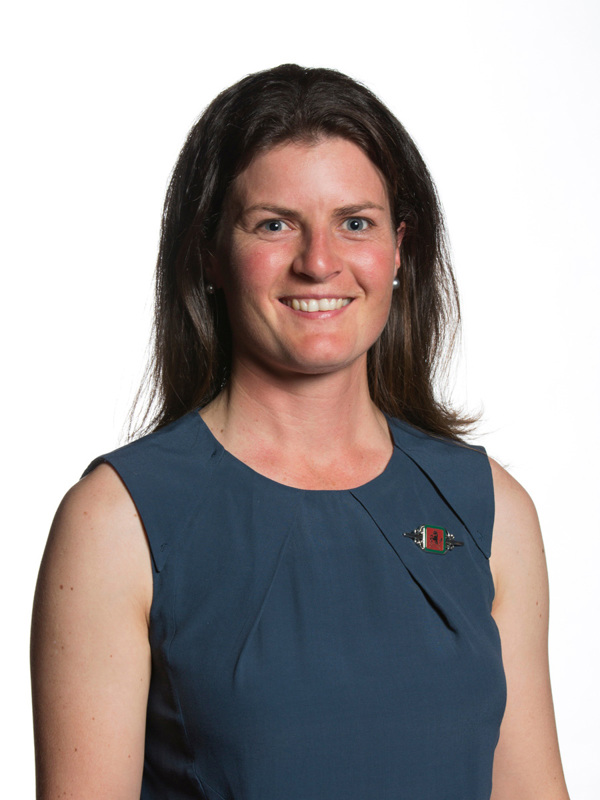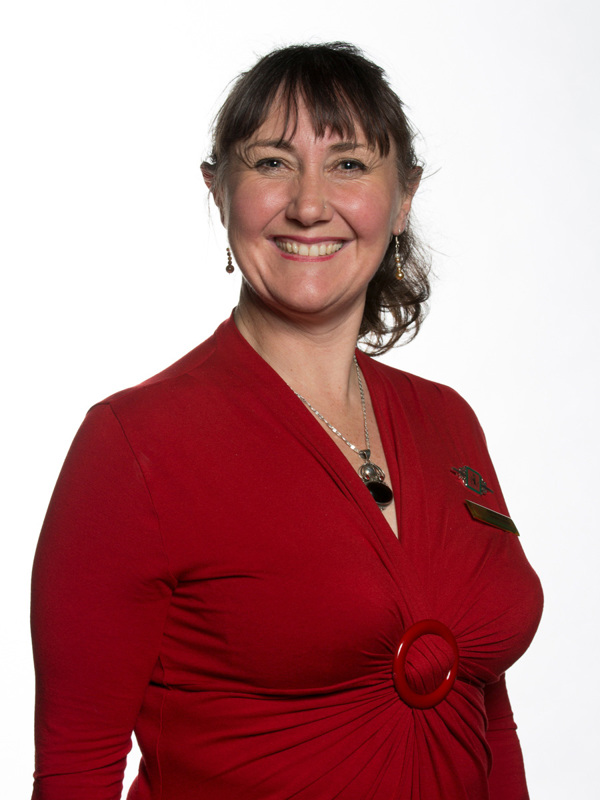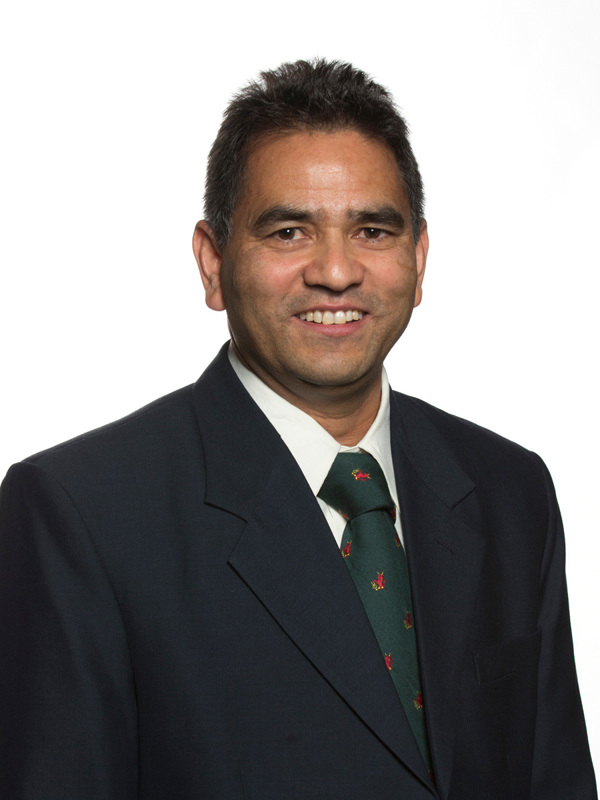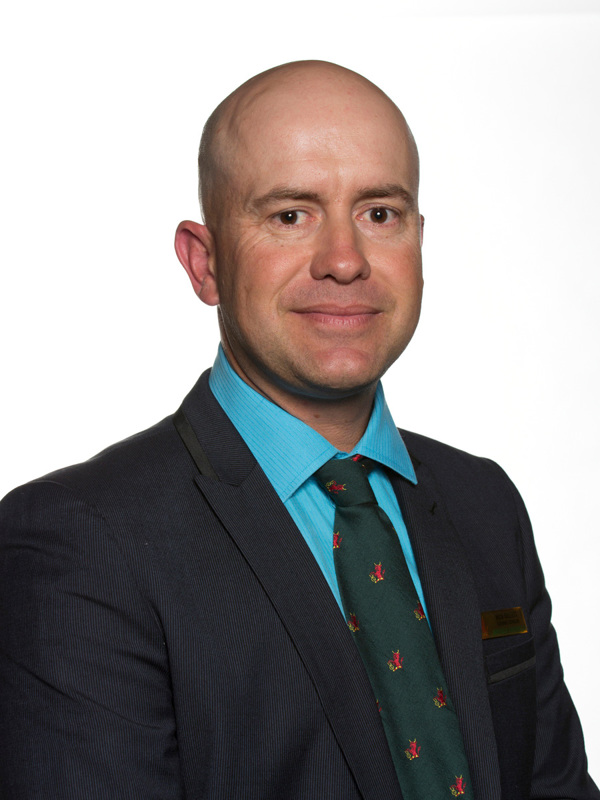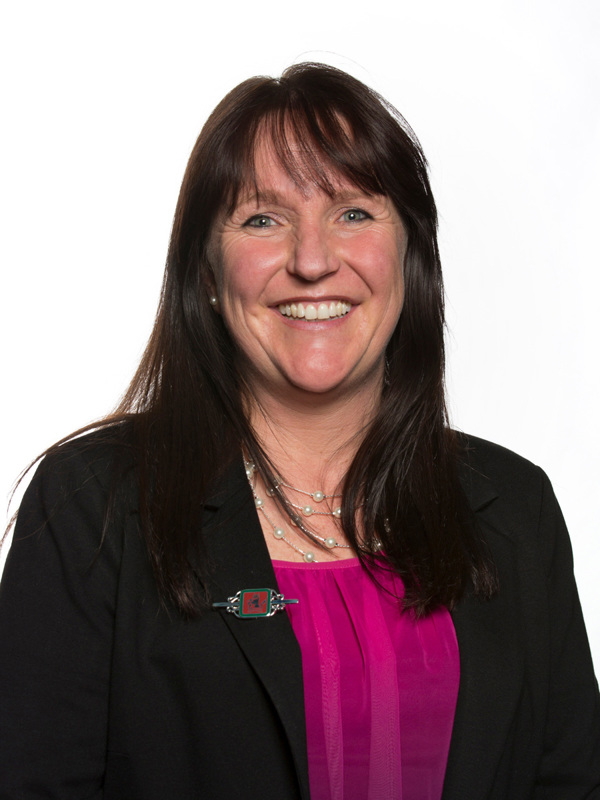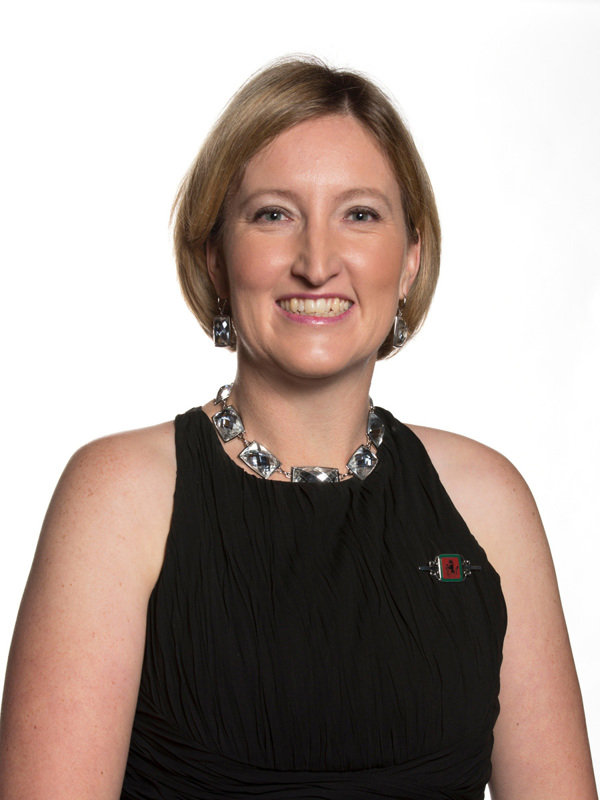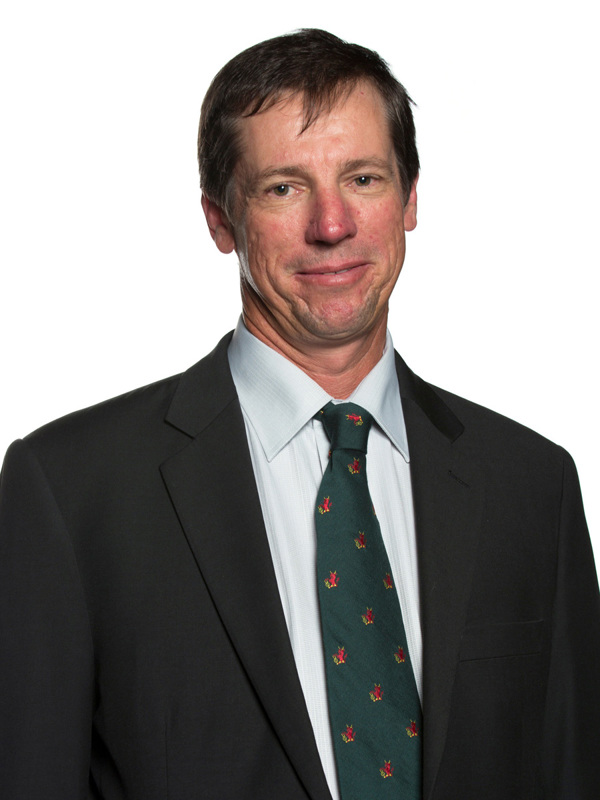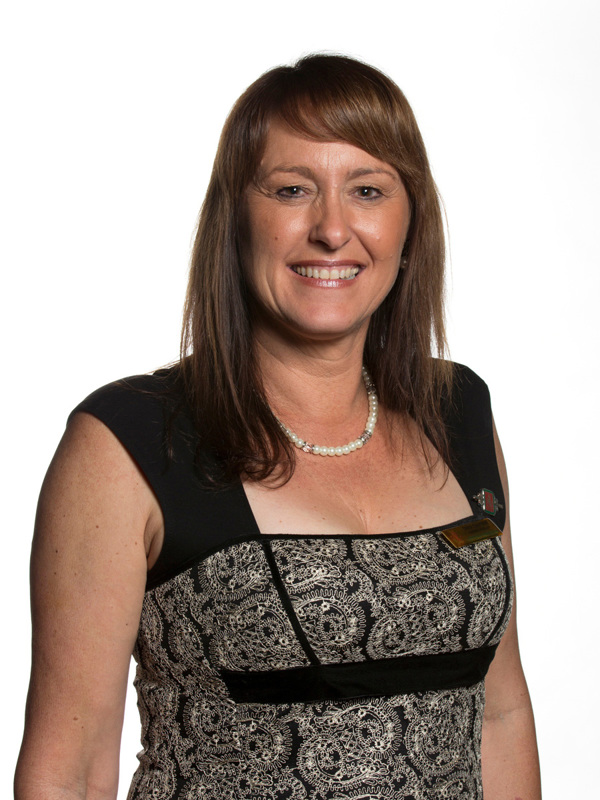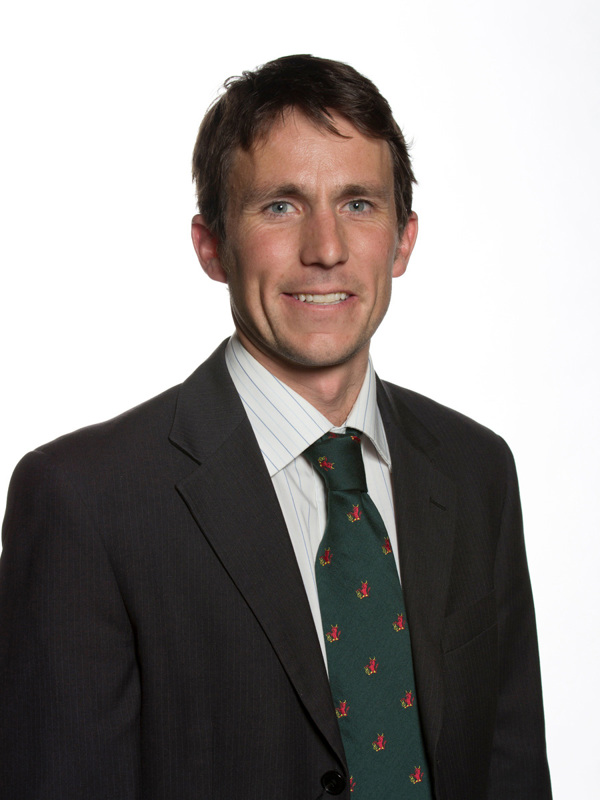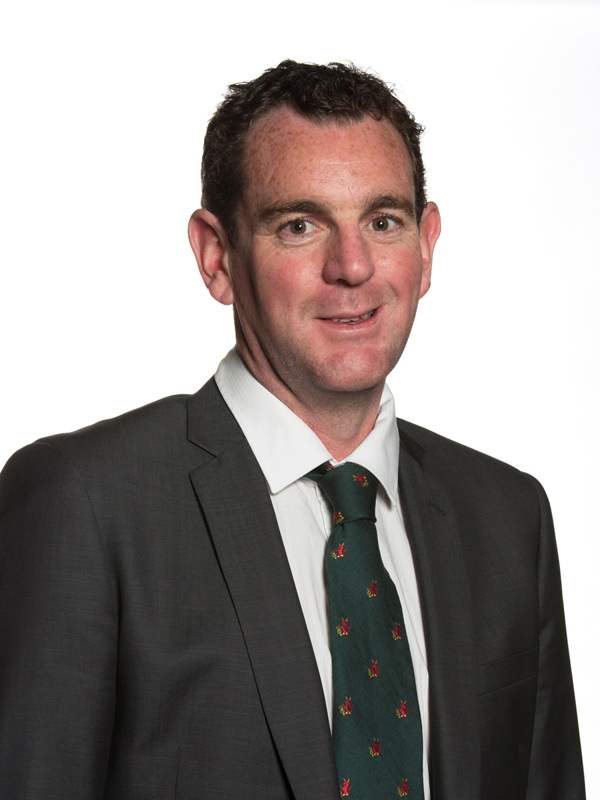
Michael Lyons
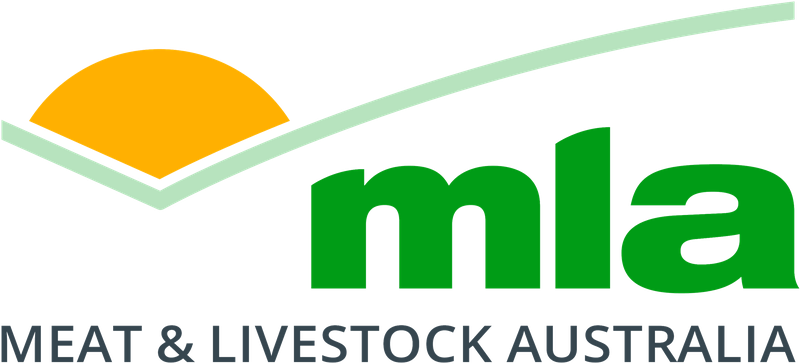
Innovative global producers inspire ‘sustainable profitability’ in northern beef production
The imperative of implementing strategies in northern beef production, so as to strengthen both profitability and the preservation of natural assets, has been highlighted by a new report from 2014 Nuffield Scholar, Michael Lyons. Michael and wife, Michelle, manage well-known Charters Towers district property ‘Wambiana Station’ which has been held by the Lyons family for more than 100 years. The enterprise now encompasses breeding and selling bulls, growing out steers and trading cattle along with hosting school and university students from Australia and overseas for educational camps.
It was Michael’s extensive and long-running observation of the northern cattle industry, and its struggle to achieve profitability over the past decade, that inspired him to seek global strategies to help restore strength to the sector through his scholarship, funded by Meat and Livestock Australia (MLA). Michael said his commitment to ‘work with nature’ led him to further refine his investigation to exploring holistic business strategies applicable to the northern production region.
“Our family has owned Wambiana since 1912, so we have been the custodians of this land for over a century. It is a responsibility we take seriously and hence we believe it is important for our business to be both economically profitable and ecologically sustainable. Achieving profitability in the northern beef industry has been challenging for many producers and where there is no profit there is usually also no sustainability – the land and pastures are over-utilised and the people in the business become over-worked. I was keen to look at what other people, from similar environments around the world were doing to work with nature for profitable futures. My report highlights the importance of looking at the environment, economics and people as a ‘whole’ as opposed to isolated ‘parts’ when making decisions for your family and grazing business.”
Specifically, Michael’s research investigated key drivers of ‘sustainable profits’ including:
Selection of fertile, adapted cattle
Optimising grazing management
Breeding polled cattle
Complementary enterprises.
This work took Michael to New Zealand, Mexico, Brazil, Argentina, Chile, the USA, the UK and the UAE in search of graziers and farmers who are registering profits through the implementation of forward-thinking and innovative production techniques and decision making. The experiences of these progressive primary producers lead him to develop a range of recommendations aimed at assisting northern producers in strategic planning to benefit both profits and the long-term resilience of their businesses.
“A key profit driver in the northern beef industry is herd fertility as adapted, fertile cattle perform well with limited inputs.This is good for business and the environment,” he said.
Developing strategies for selecting cattle that are adapted to northern conditions are key. Stick to your plan and the cattle that are suited will reproduce and thrive, while others should be removed and move more quickly towards your goal.
“Also, find a level of grazing intensity that fits with your goals and do not let stocking rate exceed carrying capacity, while also ensuring plants have the opportunity to recover after grazing. Good management of grazing will increase the vigour and biodiversity of pastures with each season, while good management of genetics will lead to each generation of your herd being better than the previous.”
Michael said, with increasing scrutiny of animal husbandry practices, an increase in polled genetics across northern herds could also have vast benefits.
“Consider increasing the proportion of polled cattle as animal welfare, staff welfare and gross margin profitability trends support polled cattle. In addition, investigate means of business diversification so as to create further profitability and commercial resilience. Diversification is an effective way to spread risk in a business and prevent ‘leakage’ of underutilised resources. On-farm diversification tends to either be in intensifying production vertically or branching out into new but complementary enterprises.”
However, Michael said simply being motivated to action changes was the important first step in realising improved business performance and ‘sustainable profitability’.
“A rudder can’t give direction to a boat without some motion. Similarly in business, try a new idea and monitor the result – you can always make another decision to refine your direction.”
